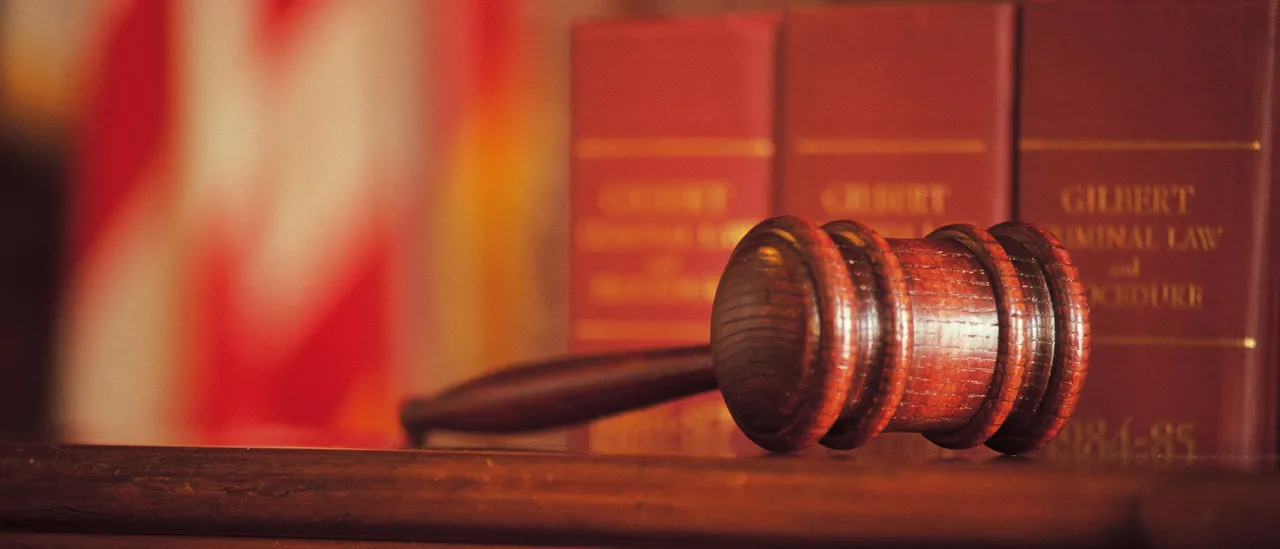The climate lawfare campaign targeting oil and gas companies suffered another significant setback in an Oregon court recently. A lawyer for the plaintiff was compelled to admit that he failed to disclose his funding of two studies introduced as evidence in the case.
The lawsuit in question involves a $51 billion claim filed by Multnomah County against a range of energy producers. This case typifies the campaign’s broad approach to targeting deep-pocketed defendants. One such defendant, Chevron, stated in a motion that the county’s lead counsel, Roger Worthington, did not disclose his personal involvement in producing two studies published in the journal *Nature*. These studies were later cited by the county’s experts as independent scientific evidence.
One of the articles credited “partial support” from Worthington, while the other appeared in draft form on his firm’s website. Both were used to support claims blaming oil companies for a 2021 heatwave.
The motion filed by Chevron argues that these omissions “harm the integrity of the judicial process.” It likens Worthington’s conduct to a U.S. Supreme Court case where a lawyer committed a “fraud on the court” by secretly influencing scientific evidence.
> “Lead counsel for Plaintiff Roger Worthington has failed to affirmatively disclose to the Court that he has supported or otherwise influenced at least two climate change studies, published in *Nature* in April and May 2025, that Plaintiff and its experts cite and rely upon as though they are independent works of scientific research, when they are not,” the motion reads.
> “Such misconduct threatens to work what the United States Supreme Court has deemed a fraud on the court.”
The motion further details deeper conflicts. Plaintiff expert Daniel Swain allegedly relied on one of the *Nature* studies without disclosing Worthington’s financial role. Another expert, Benjamin Franta of Oxford University, associated with the plaintiffs’ law firm Sher Edling, cited the same study while opposing dismissal of the case. Defendants argue these overlaps reveal a broader pattern of coordination among plaintiff attorneys, their experts, and climate litigation networks.
After reviewing the motion and hearing arguments from both sides, Multnomah County Circuit Judge Benjamin Souede ruled that there was insufficient evidence to find Worthington guilty of fraud. He rejected Chevron’s request to remove the two *Nature* articles from the case.
However, Judge Souede condemned Worthington for failing to inform the court upfront about his role in supporting the publication of the studies. He described this omission as an “almost gobsmacking failure,” especially in litigation that is well funded, complex, and involves important issues.
While Judge Souede did not exclude the inclusion of the two studies in the case record, he ruled that they would “carry absolutely no weight” in any conclusions he reaches if and when the court reaches a final decision on the merits. This stance seems to acknowledge that similar climate lawsuits in other jurisdictions have been dismissed without proceeding to full trial.
Judge Souede’s criticism adds to a growing number of judicial expressions of skepticism toward these climate lawsuits. Similar cases have been dismissed recently in Pennsylvania, South Carolina, New York, California, Maryland, New Jersey, and Puerto Rico.
Federal and state courts have consistently ruled that efforts to impose liability for global greenhouse gas emissions constitute unconstitutional attempts to regulate air quality. Regulation of air quality is a federal responsibility under the Clean Air Act, a key legal point raised in the Multnomah case as well.
The controversy surrounding Worthington’s undisclosed involvement may or may not play a decisive role in the court’s final ruling. Nonetheless, it highlights a broader erosion of ethical standards that appears to permeate this climate lawfare campaign.
Despite billions of dollars spent, this litigation effort continues to unravel under judicial scrutiny.
—
**About the author:**
David Blackmon is an energy writer and consultant based in Texas. He spent 40 years in the oil and gas business, specializing in public policy and communications. The views and opinions expressed in this commentary are those of the author and do not reflect the official position of the Daily Caller News Foundation.
—
*The content created by the Daily Caller News Foundation, an independent and nonpartisan newswire service, is available without charge to any legitimate news publisher that can provide a large audience. All republished articles must include the Daily Caller News Foundation logo, the reporter’s byline, and their DCNF affiliation. For questions about our guidelines or partnering with us, please contact [email protected].*
https://dailycaller.com/2025/11/08/opinion-climate-lawfare-suffers-another-setback-in-oregon-david-blackmon/
